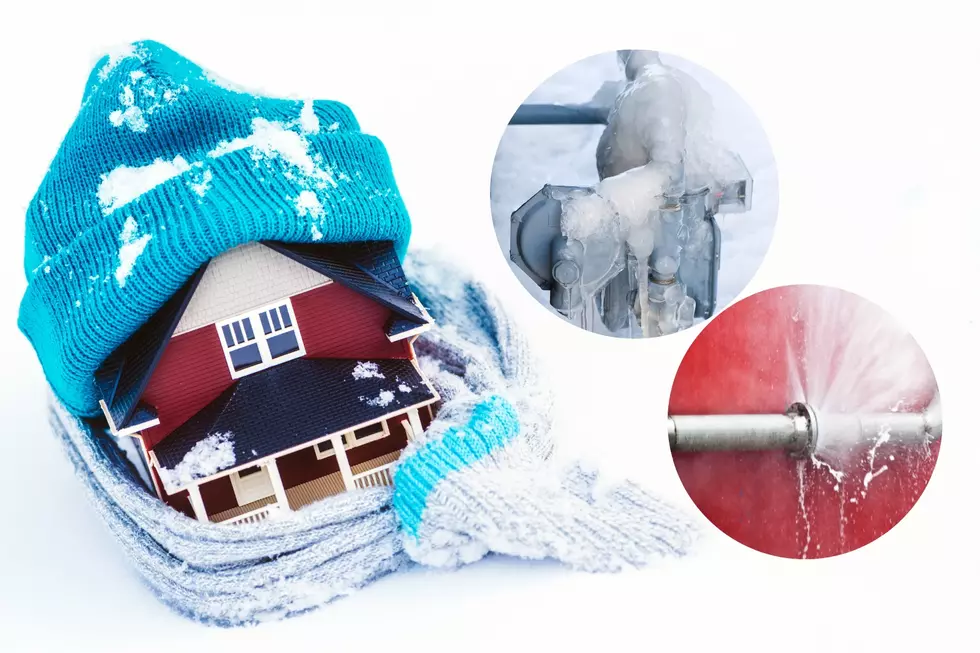
Follow These Safety Tips and Be Better Prepared for Bitter Cold Weather

Here are some awesome safety tips to follow to get you better prepared for the bitterly cold weather, snow, and ice. As temperatures continue to drop throughout Texas our friends at Atmos Energy have put together the following safety tips to help us get through the bad weather.
First off, always stay alert to the changing weather conditions, and the best way I know how is to download the station's app for the latest weather updates, watches, and warnings, and turn on the notification feature to get all the latest alerts. We can all stay warm while conserving energy as we follow these Atmos safety tips.
If you're needing a place to warm up and get out of the elements the City of Abilene recently announced that they are opening up the Rose Park Senior Center as their "Warming Center."
Follow these tips and stay warm and safe. Atmos says:
- Never use an oven or a gas stovetop to heat your home.
- Protect natural gas meters. Natural gas meters are weather-proof; however, to ensure that the meter keeps working smoothly, remove snow and ice from natural gas meters with a broom or brush. Never kick or chip snow and ice away with a hard object.
- Safely remove snow from vents for dryers and other natural gas equipment. Blocked vents for dryers and other gas appliances can lead to a dangerous buildup of carbon monoxide gas.
- Minimize the risk of frozen pipes. Leave faucets running at a trickle, leave cabinet doors open, and close all doors and windows to keep heat inside.
- If you think you smell gas, act fast! Leave the area immediately and from a safe distance call 911 and the Atmos Energy emergency number, 866.322.8667:
- These tips and more are available on our Weather Safety page.
Source: Atmos Energy News release
Finally, these are some simple tips (from Atmos) that will help you save money on your gas and electric bills, especially during these cold weather days. Did you know that every degree in temperature makes a real difference? Simply lowering your thermostat to 68 degrees when you're at home and 58 degrees when you are away from home can lower your bill by up to 25% or more.
Don’t forget to lower your water heater temperature down to 120 degrees or set the temperature dial to normal or medium. When it comes to your fireplace close the damper when there is NO FIRE burning in it. If you leave the damper open it's just like keeping a window wide open in your home and the warmth that you've built up is going right up through the chimney.
Remember to change the filters in your HVAC unit every month during the winter months. Dirty filters promote dust and dirt buildup on the heating elements making your heater work harder. As I always tell my family members, "Remember to think safe then go and be safe" and you'll stay warm dry, and safe.

